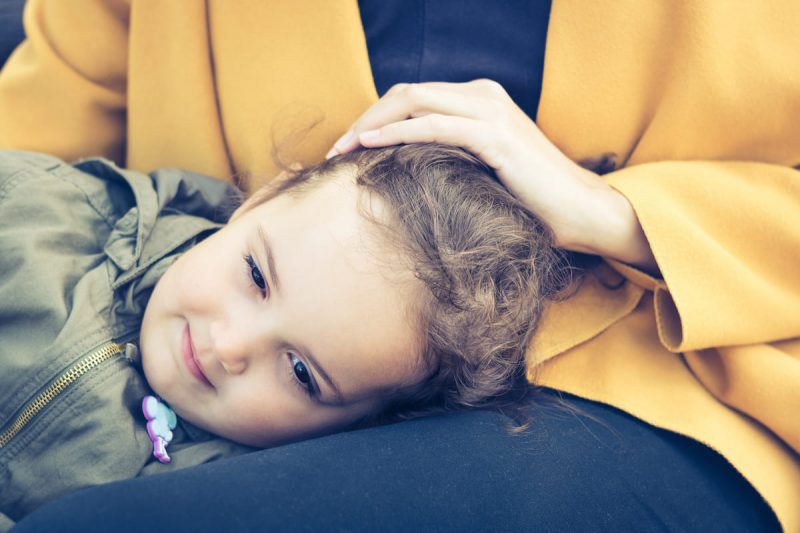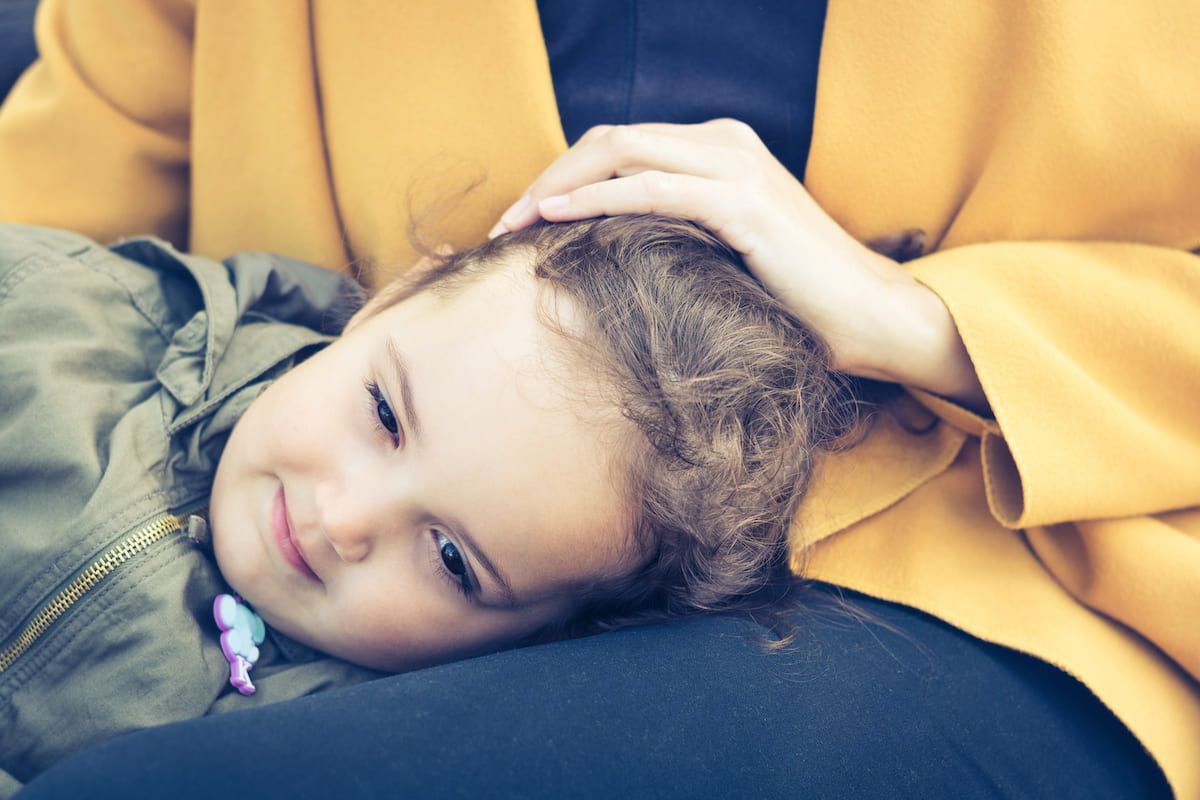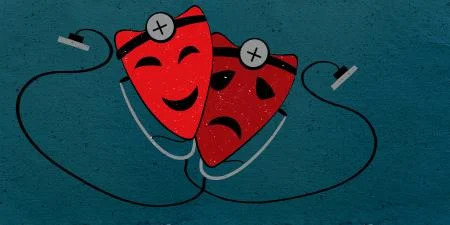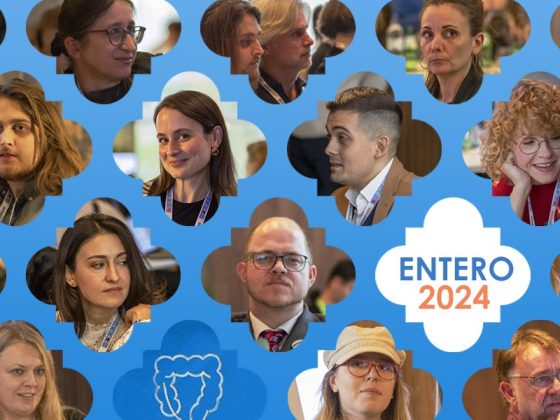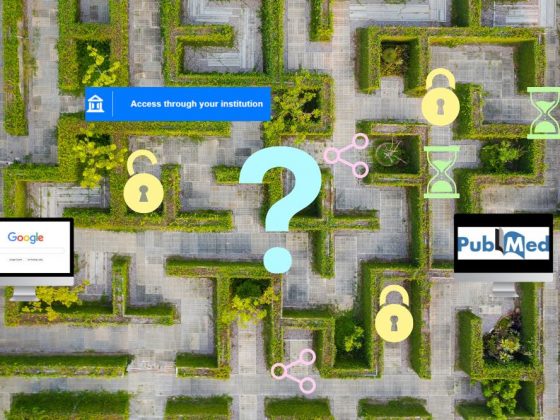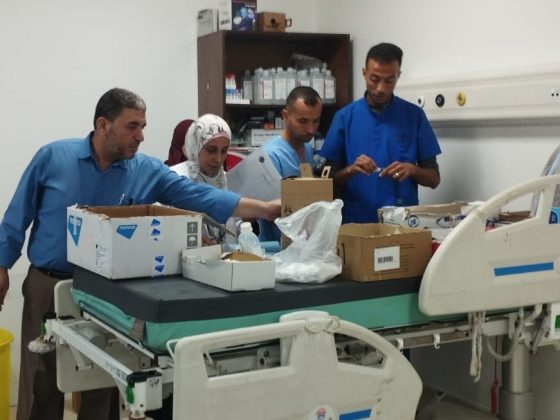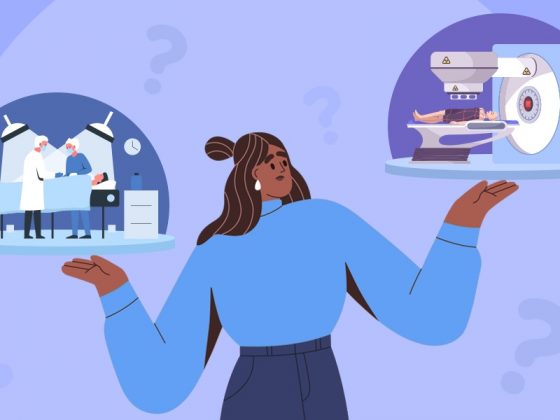Childhood cancer is considered a success story of modern medicine, with more than 90% of children now surviving long-term in high-income countries, up from just 10% 65 years ago. Yet many children who survive their cancer go on to experience a myriad of long-term treatment side effects, which can affect every major system and organ in the body.
Because of this, there is increasing ‘survivorship’ research, looking at what happens to the health of cancer survivors as they age. Researchers are beginning to find out why some of the therapies used to cure patients can have such devastating effects and how to prevent this.
A major development has emerged this year, with a study showing that some of severest side effects of a mainstay chemotherapy treatment can be easily reduced with the use of a drug before therapy.
Anthracycline chemotherapies are an old but effective component of many childhood cancer treatment regimens. However, they pose a long-term risk to survivors of potentially life-threatening cardiovascular issues, which as been known about for decades. Now a long-term follow up study involving 195 patients has shown that those who received the cardioprotective drug dexrazoxane prior to chemotherapy had a significantly lower risk of heart issues.
“Dexrazoxane has finally begun to be adopted more routinely in paediatric oncology clinical practice,” says David Freyer, Director of the Survivorship and Supportive Care Program within the Cancer and Blood Disease Institute at Children’s Hospital Los Angeles. “This will open up more opportunities for research to refine its administration, understand better its effects, and know whether and how post-treatment monitoring for cardiomyopathy might be reduced in paediatric cancer survivors who received dexrazoxane.”
Other recent trials have provided further evidence of the significant effect that drugs can have in allaying the damaging impacts of chemotherapy. For children who receive platinum-based cisplatin chemotherapy, permanent hearing loss has been a significant and common side effect, probably due to the drug accumulating in the inner ear. In an effort to find a way to protect children’s hearing, several years ago, researchers began testing sodium thiosulfate, a compound that is typically used to treat metal poisoning.
Two concurrent trials in North America and the UK showed that children who received cisplatin combined with sodium thiosulfate were less likely to suffer hearing loss, reducing the incidence from approximately 50% to 25%. The drug was approved for this purpose by the US regulators last year.
“We are happy that sodium thiosulfate benefits many children, but it is important to continue research and find additional ways of protecting the hearing of those children,” says Freyer, who led one of the trials. “Sodium thiosulfate is a much-needed starting point and opens the door to a new era of otoprotection research to prevent cisplatin-induced hearing loss.”
Other otoprotectants are currently in clinical trials or preclinical evaluation. Preliminary work is also underway to evaluate why 25% of children still develop hearing loss even after receiving sodium thiosulfate, and whether they have innate susceptibility.
“This research is in early stages and not yet ready for clinical use,” says Freyer. “However, one could envision that, if the highest risk children could be identified with a genetic mutation, perhaps they could receive additional measures besides intravenous sodium thiosulfate for more complete otoprotection.”
This research has implications for all types of therapy given to children with cancer. Although many children get the same therapies in the same dosing schedules, the significant side effects they experience seem to vary widely between individuals.
For children with brain tumours who receive radiation therapy, the Alzheimer’s drug memantine is being tested to see whether it can reduce or prevent neurocognitive side effects. The diabetes drug metformin is being tested in a phase III trial for a similar purpose. Levocarnitine, often given to people with kidney disease on dialysis, is being trialled in patients treated with PEG-asparaginase for acute lymphoblastic leukaemia to see if it can prevent or lessen liver toxicity.
Researchers acknowledge that the best way to prevent many chronic treatment-related side effects is to use less chemotherapy and radiation therapy in the first place. Work is ongoing to use new technologies and data to identify which patients might do just as well with less intensive therapy. But currently, for most children with cancer, there are few suitable alternatives for key treatments that have been used for decades. Adding preventative treatments to childhood cancer regimens is a prudent step while awaiting other, less toxic treatments.

